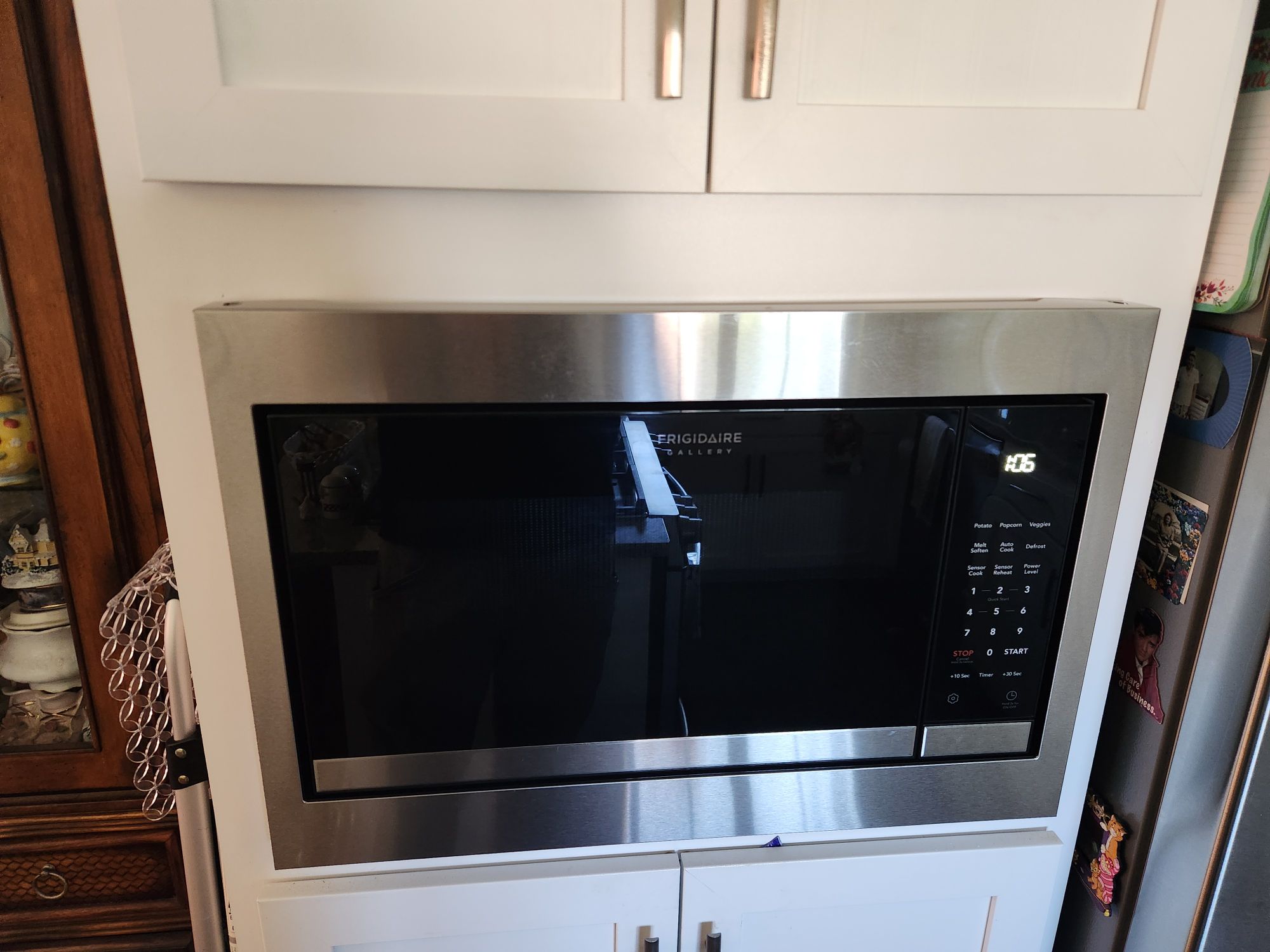Microwaves are indispensable appliances in modern kitchens, simplifying food preparation and reheating. However, when a microwave starts turning on by itself or flashes unexpectedly, it’s more than just a technical oddity—it can be a warning sign of deeper electrical or environmental problems. These unusual behaviors shouldn’t be ignored, as they may pose safety risks or signal impending failure. Understanding the causes behind this phenomenon is essential for prompt and effective resolution.
Common Signs of Trouble
If your microwave randomly powers on, beeps, or its lights flash without input, it may be exhibiting one or more of the following symptoms:
- Turns on spontaneously without user interaction
- Interior light flickers or flashes
- Control panel lights up erratically
- Microwave beeps or resets randomly
While some of these signs may appear intermittently or mildly at first, they can progress and affect your microwave’s performance—or worse, become a safety hazard.
Potential Cause #1: Electrical Fault
One of the most frequent culprits behind these unusual microwave behaviors is an electrical malfunction. Faulty wiring, damaged circuitry, or a failing control board can result in the microwave operating on its own. Here are a few key points to consider:
- Short Circuits: Exposed or frayed wiring can cause electrical shorts. These shorts may trigger the microwave to power on without command or lead to random flashes of the control panel.
- Control Board Failure: The control board is the brain of your microwave. If it becomes damaged due to power surges or wear and tear, it can send incorrect signals to other components, causing spontaneous operation.
- Capacitor Discharge Issues: Microwaves contain high-voltage capacitors that store energy. A malfunctioning capacitor can discharge irregularly, causing internal flashes or even brief startup attempts.
- Power Supply Instability: Inconsistent voltage from your home’s electrical system or overloaded circuits may also contribute to erratic microwave behavior.
Potential Cause #2: Moisture Intrusion
Another often overlooked cause is moisture buildup inside the appliance. Kitchens are humid environments, and microwaves are frequently exposed to steam and condensation, especially when cooking high-moisture foods.
- Steam from Cooking: When steam rises during cooking and condenses inside the control panel, it can interfere with electrical contacts or sensors.
- Blocked Ventilation: Microwaves require proper ventilation. If vents are blocked or the unit is placed too close to a wall, moisture buildup can occur faster, accelerating potential failures.
- Poor Sealing: Over time, the door seals or gaskets can wear out, allowing moisture to seep into the electronics housing.
Moisture doesn’t necessarily destroy the microwave instantly, but it can lead to corrosion, intermittent shorts, and erratic behavior over time.
Other Less Common Causes
While electrical faults and moisture issues are the primary causes, other possibilities include:
- Insects or pests inside the control panel, causing short circuits
- Static electricity interference from nearby appliances
- Faulty door latch sensors, which may incorrectly signal the microwave to start
- Previous DIY repairs that were improperly performed
Safety Concerns
A microwave turning on by itself is more than just an inconvenience—it poses real safety concerns:
- Fire Risk: If the unit runs without food inside, it can overheat, damaging internal components or even igniting a fire.
- Radiation Exposure: Although unlikely with modern units, faulty door sensors can result in microwave radiation leaks.
- Electrical Shock: Flashing lights or unexpected operation may point to live electrical components being exposed.
For these reasons, if your microwave starts behaving erratically, unplug it immediately and avoid using it until it’s been professionally assessed.
What Should You Do?
Here’s a step-by-step action plan if your microwave turns on by itself or flashes:
- Unplug the Unit – Prevent further risk of fire or electric shock.
- Inspect for Moisture – Check for condensation or pooled water inside or around the unit.
- Avoid DIY Repairs – Microwaves contain high-voltage parts that retain charge even after being unplugged. They are dangerous to service without proper knowledge and tools.
- Call a Professional Technician – A certified appliance repair specialist can diagnose the issue accurately and safely repair or replace faulty parts.
When to Replace the Microwave
If your microwave is older than 8-10 years, and the repair costs are high, it might be more economical to replace it with a new, energy-efficient model. However, many issues—especially those related to moisture or minor electrical faults—can be resolved with proper maintenance and repair.
Trust the Experts at Home Appliance Service Center
Don’t risk your safety or waste time guessing the problem. If your microwave is turning on by itself or flashing, it’s time for a professional assessment. Our certified technicians at Home Appliance Service Center are equipped to handle all microwave brands and models. We provide fast diagnostics, reliable repairs, and ensure your appliance operates safely and efficiently.
Call us today and schedule your repair appointment. Let us restore peace of mind to your kitchen.
Contact us
 619-928-5000
619-928-5000  Request Service
Request Service 
